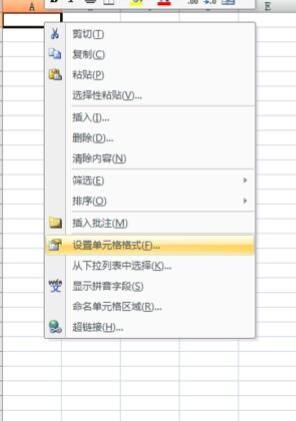whose英语快速记忆(BBC一分钟英语Allevery)
“All、every” 和 “whole” 都可以用来表示 “全部,所有”,但它们的用法却不同如果要说一个人把 “所有的” 糖都吃了,应该使用这三个词中的哪一个?如果要说一个人把 “整个” 蛋糕都吃了,又应该用哪个词?看视频,跟主持人 Georgina 学习这三个常用词的区别,我来为大家科普一下关于whose英语快速记忆?以下内容希望对你有帮助!

whose英语快速记忆
内容简介“All、every” 和 “whole” 都可以用来表示 “全部,所有”,但它们的用法却不同。如果要说一个人把 “所有的” 糖都吃了,应该使用这三个词中的哪一个?如果要说一个人把 “整个” 蛋糕都吃了,又应该用哪个词?看视频,跟主持人 Georgina 学习这三个常用词的区别。
字稿
Hi, I’m Georgina from BBC Learning English. Do you ever wonder about the difference between all, every and whole? They all have similar meanings but are used in different ways.
All means the whole amount of something – 100%! It is often followed by uncountable nouns or plural nouns.
He ate all the sugar!All children love sweets!
Every has a similar meaning to all. It means each one without exception.
I go to the gym every day.
Whole means the complete amount of something and is followed by uncountable nouns or singular nouns.
I ate the whole cake!The whole airport is closed!
Bye for now!
用法总结1 “All” 用来谈论 “所有,全数,百分之百”,通常后接不可数名词或可数名词的复数形式。
He ate all the sugar!
All children love sweets!
All passengers travelling to Newport would need to transfer here.
2 “Every” 用来谈论 “一组中的每一个,无一例外”,通常后接可数名词的单数形式。
I go to the gym every day.
I have watched every match my team has played.
3 “Whole” 用来谈论 “全部,整体,整个”,通常后接不可数名词或可数名词的单数形式。
I ate the whole cake!
The whole airport is closed!
- I’ve worked the whole day on this presentation.
免责声明:本文仅代表文章作者的个人观点,与本站无关。其原创性、真实性以及文中陈述文字和内容未经本站证实,对本文以及其中全部或者部分内容文字的真实性、完整性和原创性本站不作任何保证或承诺,请读者仅作参考,并自行核实相关内容。文章投诉邮箱:anhduc.ph@yahoo.com






